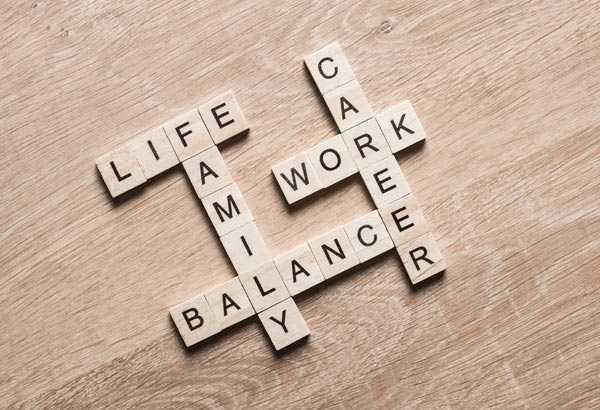Three Reasons We Can’t Be Trusted to Set Our Own Work Schedules, and What to Do About It
Curated from: slate.com
Ideas, facts & insights covering these topics:
5 ideas
·4.15K reads
16
Explore the World's Best Ideas
Join today and uncover 100+ curated journeys from 50+ topics. Unlock access to our mobile app with extensive features.
The Myth Of Work-Life Balance
We are too flawed to manage our own schedule, predictably irrational and consistently bad at making good decisions.
There are three reasons why we behave this way:
- Present Bias
- The Planning Fallacy
- Social Norms.
In our pursuit of balancing our personal life and work, we often feel guilty about working past the Monday to Friday routine, but technology and Work From Home policies have made it more prevalent. Many studies show that knowledge workers who are provided flexible schedules are more productive simply because they work more hours.
164
1.34K reads
Human Behaviour: Present Bias
We are biased towards the present moment, even though we don’t like being in the present. We will prefer 100 dollars right now than 200 dollars after a year. In our work environment, present work (like a phone call) seems urgent, even though it may not be important.
To escape from the present bias, we need to commit to our future self and set up devices that force us somehow to complete important work, not getting caught up in overdoing the present moment.
167
791 reads
Human Behaviour: The Planning Fallacy
We are bad at estimating the time it will take to accomplish a task, as we don’t take into account our distractions, procrastination, emergencies or delays.
To counter the planning fallacy, we need to assign blocks of time which are called ‘slacks’ by behavioural scientists that act as buffer time between the scheduled tasks. Several hours of slack time added will ensure that the work is done even if it spills over the scheduled time.
182
708 reads
Human Behaviour: Social Norms
The modern workplace has an old and obsolete indicator that is still followed: time-based work measurement. Longer hours still means better work and more dedication.
Work From Home has introduced flexi-hours for many of us, and people are working close to 14 hours a day over the laptop or phone.
139
632 reads
Flexi-Work: Knowing When To Stop Working
With a flexible schedule, there is always more to do and nothing to signal that you’re done, because of a lack of visual cues. Sending an email at ungodly hours only adds to the cognitive load of the recipients.
For a potential solution, perhaps a good place to start is creating a work culture that discourages work email and communication in the evenings and on weekends so that even flexible work has some boundaries.
154
681 reads
IDEAS CURATED BY
Zachary 's ideas are part of this journey:
Learn more about timemanagement with this collection
Navigating and enjoying the thrill of horror and scare experiences
Historical knowledge of Halloween and its origins
Understanding and appreciating Halloween traditions worldwide
Related collections
Similar ideas
4 ideas
5 ideas
Researchers said we'd only need to work 15 hours/week. What happened?
blog.rescuetime.com
4 ideas
Read & Learn
20x Faster
without
deepstash
with
deepstash
with
deepstash
Personalized microlearning
—
100+ Learning Journeys
—
Access to 200,000+ ideas
—
Access to the mobile app
—
Unlimited idea saving
—
—
Unlimited history
—
—
Unlimited listening to ideas
—
—
Downloading & offline access
—
—
Supercharge your mind with one idea per day
Enter your email and spend 1 minute every day to learn something new.
I agree to receive email updates

